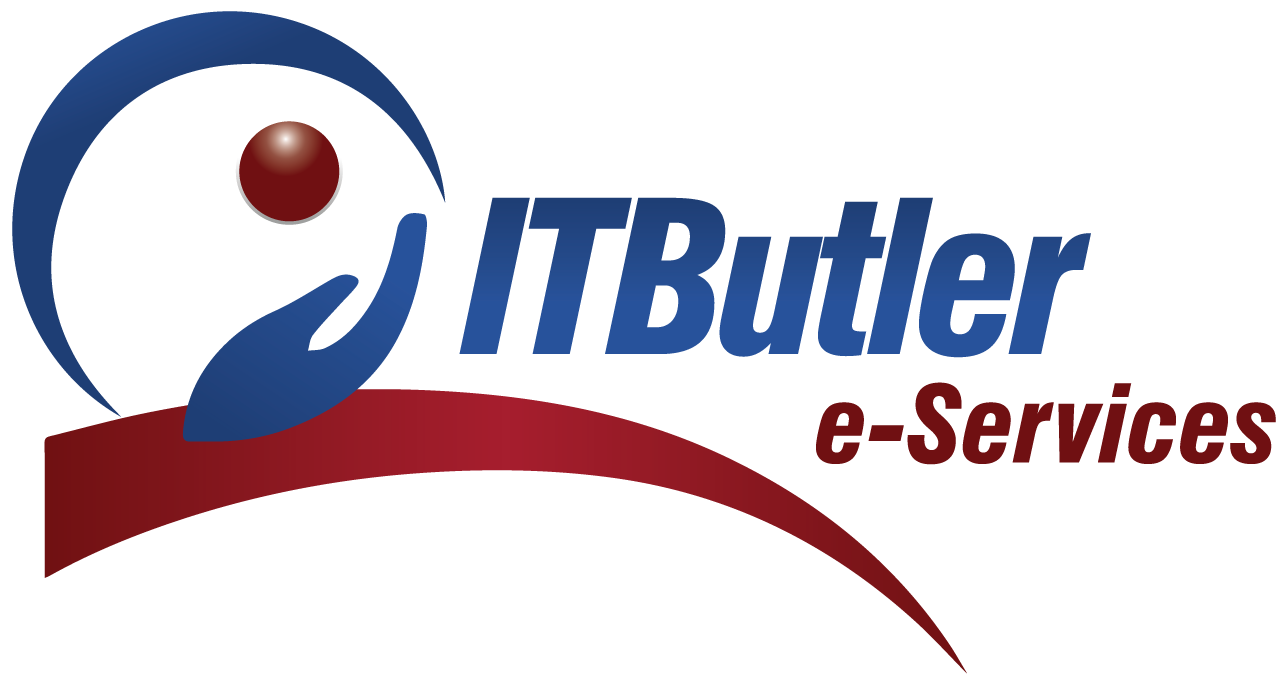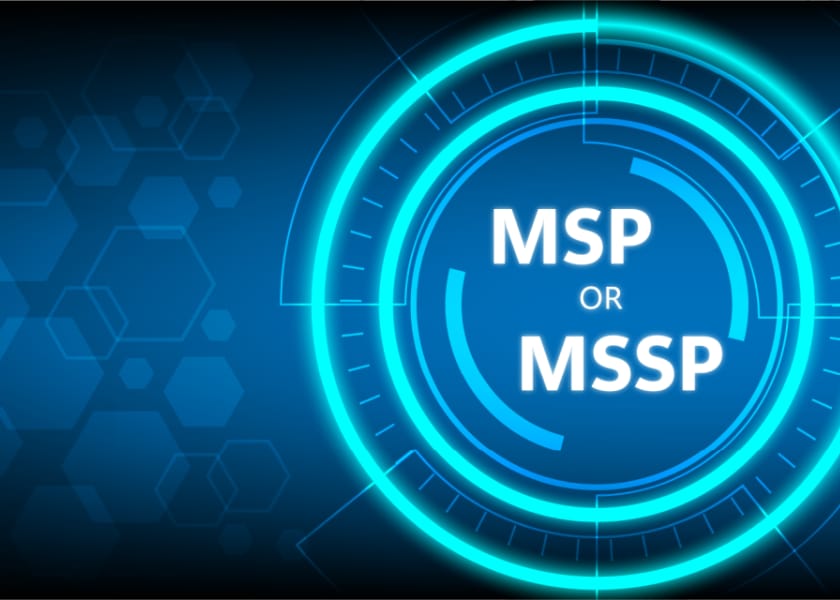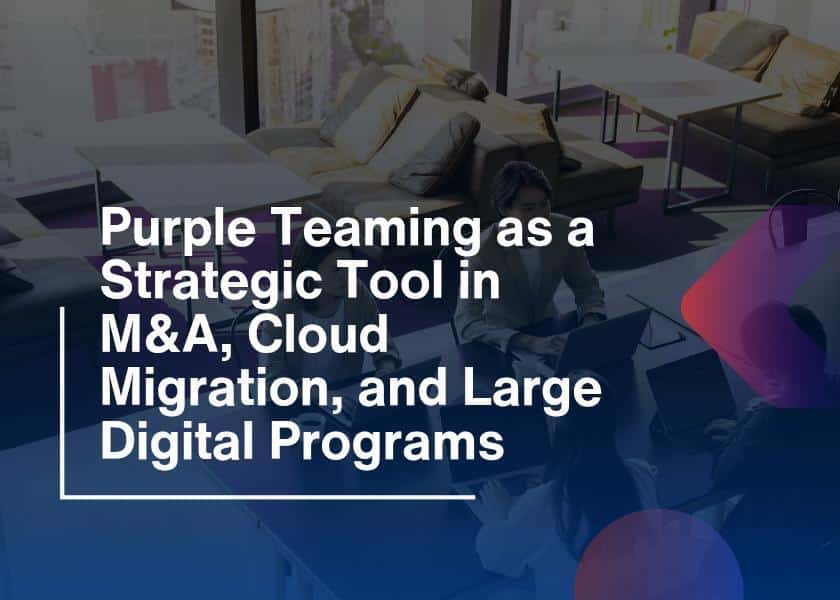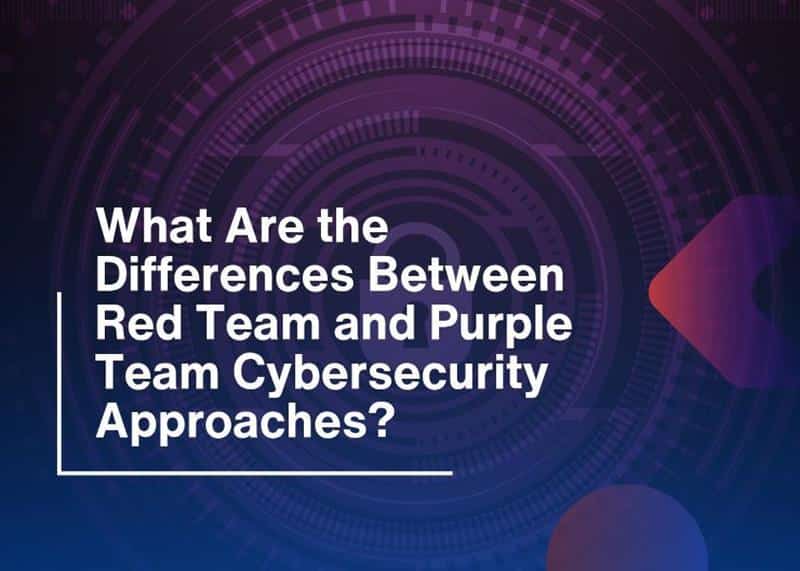Today, businesses rely heavily on digital systems to operate smoothly and remain competitive. As a result, managing IT operations and keeping data secure has become more important than ever. This is where two key players enter the scene: Managed Security Service Providers (MSSPs) and Managed Service Providers (MSPs). While their names may sound alike, they serve different purposes. Understanding the MSSP vs MSP comparison can help you choose the right partner for your business’s needs. So, let’s explore what these terms mean and how they differ.
Understanding MSSP vs MSP
Initially, MSPs and MSSPs both assist by working remotely, although they focus on different aspects. While both MSPs and MSSPs handle IT tasks, the main concern for MSPs is general IT support, and for MSSPs, it is cybersecurity protection. An MSP looks after your regular IT needs. View them as your workers at a virtual IT department. They deal with system upgrades, new software installations, network functioning, and answering users’ questions. Especially for businesses that require simple and efficient IT management, MSPs are the perfect option rather than hiring a team of IT specialists.
On the other hand, an MSSP (Managed Security Service Provider) helps safeguard your digital environment. Their main duty consists of finding, identifying, and dealing with cyber threats. In light of the increased and more complex attacks today, a Managed Security Service Provider (MSSP) provides essential protection for your company’s data. Based on your highest priority, either IT operations or cybersecurity, MSSP vs MSP provides different services.
How MSSP differs from MSP
You need to keep a few items in mind when breaking down the differences between MSSPs and MSPs. Such differences change how they function and what they can do for your business.
1. Subject Matter
MSPs try to enhance how the IT infrastructure works. They offer support to maintain a smooth and efficient operation of your systems. Conversely, MSSPs put all their attention on cybersecurity. They watch over your network and quickly deal with threats to stop any breaches.
2. Kinds of Services
Most MSPs give access to several IT services. They take care of network maintenance, cloud management, support at the help desk, and monitoring systems. Additionally, MSSPs have knowledge and tools for harder-to-use security features, including:
- Finding and managing threats
- Taking care of security 24 hours a day
- Vulnerability assessments
- Using a firewall and an intrusion prevention system
- Supporting with compliance and audits
3. Applications and Apps
Providers each use their tools. MSPs depend on systems that let them check on their networks, add software, and maintain reliability. At the same time, MSSPs rely on advanced systems such as SIEM (Security Information and Event Management), systems that find malware on endpoints and platforms that monitor and study threats.
4. Staffing and Expertise
Managing security as a service, companies often contract cybersecurity experts, ethical hackers, and security analysts. They, however, hire general IT professionals as their team members. If your business deals with confidential data or works in a regulated industry, it might require the detailed knowledge that a Managed Security Service Provider (MSSP) can provide.
5. Government Compliance and Regulations
If a business is regulated by HIPAA, PCI-DSS, or GDPR, MSSPs help with audits, related paperwork, and ensure compliance. Regulatory help this detailed is usually not given by MSPs.
Which One Do You Need
Deciding between an MSSP and vs MSP depends on your specific business requirements. Not all organizations need the same level of cybersecurity or IT support, so let’s look at a few scenarios.
If you’re running a small to mid-sized company without a dedicated IT team, an MSP can help manage your networks, servers, and software more efficiently. This support saves time, reduces costs, and improves overall productivity.
However, if your company deals with sensitive customer data or has experienced cyber threats in the past, an MSSP might be a better choice. Their security-first approach ensures your business is protected around the clock. In many cases, businesses use both. An MSP keeps the IT environment healthy, while an MSSP strengthens your defenses against potential cyber threats. This combination provides both performance and protection, ideal for growing organizations.
Benefits of Working with an MSP
MSPs can be a valuable asset for any company looking to streamline IT operations. One of the main advantages is cost savings. Instead of building an in-house IT team, you can get expert services on a subscription basis.
Another benefit is increased uptime. MSPs monitor your systems regularly and fix issues before they become major problems. This means your employees face fewer technical disruptions. Additionally, MSPs provide flexibility. As your business grows, you can scale your services up or down without any major changes. With consistent support and modern tools, they keep your systems running at peak performance.
Benefits of Working with an MSSP
When it comes to cybersecurity, MSSPs offer a level of protection that’s difficult to achieve in-house, especially for smaller companies. They monitor your systems 24/7 for suspicious activity, which helps prevent cyberattacks before they happen. This real-time monitoring is essential in today’s fast-moving digital environment.
MSSPs also help your business stay compliant with government and industry regulations. Failing to meet these standards can result in costly fines or legal issues, so having a security expert on board is a smart move. Furthermore, MSSPs offer rapid incident response. If a breach does occur, they act immediately to minimize damage and restore normal operations. This reduces downtime and protects your brand reputation.

Can a Provider Offer Both?
Yes, some providers offer hybrid services, acting as both an MSP and MSSP. This can be especially convenient for businesses that want one provider for all IT-related tasks. With a hybrid provider, you get both system performance management and strong security.
However, it’s important to note that not all MSPs have the expertise to provide high-quality security services. Some claim to offer cybersecurity but lack the proper tools and trained staff. Always check for certifications, client reviews, and service-level agreements before committing.
Common Myths About MSSP vs MSP
Let’s clear up a few common misunderstandings that often come up when comparing MSSP vs MSP. First, many people believe MSPs can handle cybersecurity as well. While they may provide basic protection like antivirus software or firewall setups, they are not equipped to manage complex threats or regulatory compliance.
Another myth is that MSSPs are only for large enterprises. In reality, small businesses are often more vulnerable to attacks because they lack internal security resources. MSSPs offer flexible plans that can fit smaller budgets, too. Finally, some think hiring both services is too expensive. However, the cost of recovering from a data breach or system failure is often far greater than the price of managed IT and security services.
How to Choose the Right Provider
Selecting the right partner is critical. Whether you need an MSP, an MSSP, or both, here’s what to consider:
- Experience and Reputation: Choose a provider with proven results and good reviews.
- Support Availability: Look for 24/7 support, especially for security services.
- Certifications: Check for industry-standard certifications like CISSP, CompTIA Security+, or ISO/IEC 27001.
- Transparency: A good provider will offer detailed reports, SLAs, and clear pricing.
- Custom Solutions: Avoid one-size-fits-all packages. Choose providers who tailor services to fit your needs.
By doing your research, you can avoid unnecessary risks and get the most value from your investment.
Conclusion
In conclusion, both MSPs and MSSPs play essential roles in modern business environments. However, they serve different purposes. MSPs ensure that your IT systems run efficiently, while MSSPs protect your business from growing cyber threats. Knowing the difference helps you make smarter choices for your business.
Many companies find that using both services creates a more complete and secure IT environment. So, when considering your options, don’t think of MSSP vs MSP as an either-or choice. Instead, think about how they can work together to help your business thrive.





